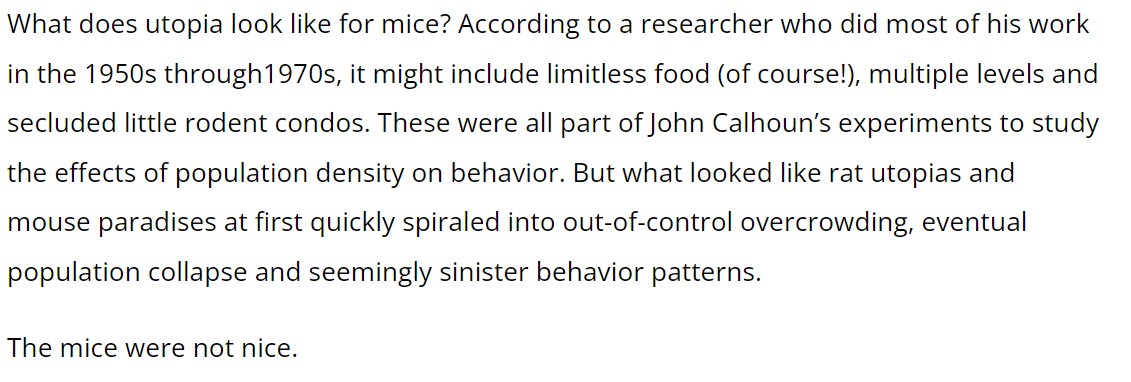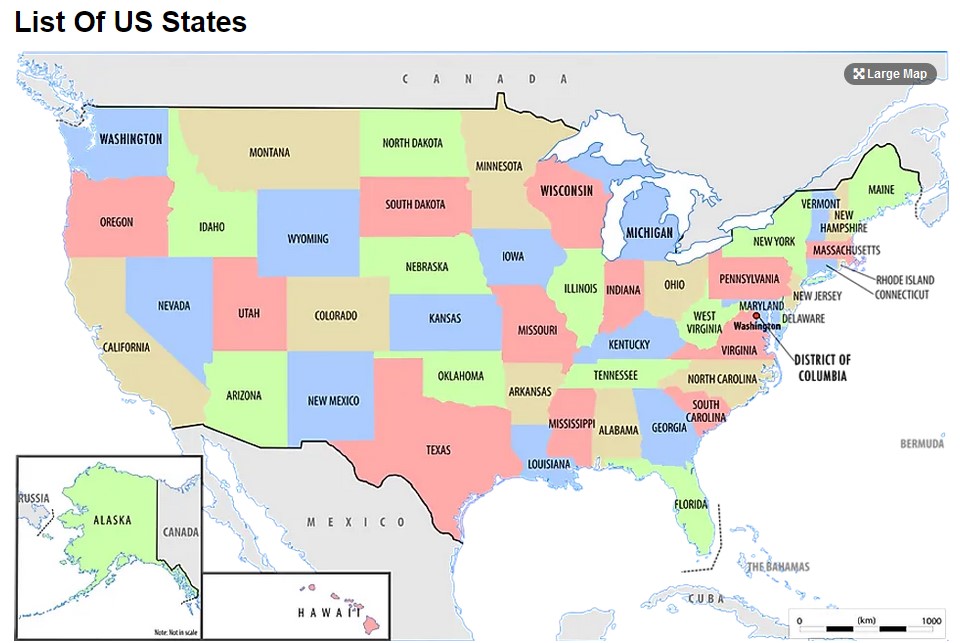The news from every quarter, whether conservative, liberal, science, democracy or dictatorship, it is the same: There isn’t enough to go around. An increasing number of nations are participating in or pontificating war as a path to sustain order. In both the East and the West, social mores are collapsing. The economies of wealthy nations are vulnerable. Hoarding behavior within plutocracies, corporatocracies, oligarchies and martial command nations prevail in global policy making. Yet the global number of homeless, starving and abused people is rising; small historical cultures are disappearing and conflict with the Earth’s biosphere grows more volatile.
Since 1980, the rate at which poor nations are collapsing has doubled, largely from the burden of climate change and the hoarding philosophy prevalent among all nations which in turn minimizes assistance.
The most frequent causes cited by public sources are unrealistic tax formulas, cultural abuse (woke, racism, Uyghurs, Moslems, on and on . . .), national cultures ignoring the needs of large populations, and antiquated judicial practices. A new one is artificial intelligence with its self-interest in managing public behavior for profit.
It occurs to mariner that the common denominator to all these dysfunctions is that they are controlled top-down. A simple contradiction would be democracy, a government that is managed by the individual citizen through local, state and federal elections – clearly a bottom-up philosophy today being managed by a plutocracy – a top-down philosophy that makes it so expensive for a local candidate to campaign that only national deep pockets can dictate who can run in local elections.
If one were to examine Earth’s evolution of every plant and animal, compressed into the instinct of every cell is a behavior that would be survival by bottom-up practices. In other words, survival of the fittest at SUSTAINING THE SPECIES. Opossums can only behave in a way that would be good for any opossum. Even the large flocks of birds, herds of cattle and swarms of fish all live in an equal but very personal state of survival: me first but only if it’s fair for the others. Of course, these creatures don’t reason this conclusion, it is in their genes.
Originally, sustaining the species was in the genes of the primates and likely still is but the thorn is the ability to reason, to perceive reality not bound by direct reality – not bound by a balance between the biosphere and physical dependence. Should we curse the first primate that conceived a tool not provided by nature? Of course not. However, should we curse the first primate who discovered how to grow more wheat than was needed and hoarded it? Perhaps, that was not an act to sustain the species.
It may be that the last structured society to sustain the evolutionary rule, ‘me first if it’s fair’, was the Chinese culture which existed around the beginning of the fifth century BCE. The period was before empire-building. It was a society of self-sufficient towns of about 250-1,000 people, likely all related in extended families. The economy was based on a collective style where everyone had a role in sustainability and no one went without.
The idea of a collective economy arose in Europe, if only briefly, with Anabaptist communism; there are remnants today in The United States and Europe but the overwhelming presence of modern commerce is too much to sustain pockets of collectivism. In the nineteenth and twentieth centuries, there were numerous attempts at collectivism, the most notable being the Commune movement in the 1960s. A few sympathizers maintain that white man forced native Americans into an independent collective economy; recent news articles have addressed the invasion of commercial interests into Indian sources of locally sourced food, e.g., salmon.
֎ If, indeed, ‘top-down’ management is the issue, could we ever return to bottom-up? Not likely. It is very difficult to imagine what world order will look like in 100-150 years. There are so many substantive forces changing at the moment that it is easy to imagine an Armageddon catastrophe. Short of that, there are many presumably unmanageable situations that politics may not be able to manage. For example:
Population. Simply said, there are far too many humans on Earth to be supported by a natural ratio to Earth’s biosphere nor by any industrial or technological solution. The following quote is from the Smithsonian:

One can speculate that, at least in the United States and Europe, the worker rebellions are the beginning of a new politic.
Uncontrolled corporatism. The last time the Federal Government knew enough to tell corporations what to do was the generation in 1982 that forced Bell to split its empire into smaller independent companies. Before that, in 1911 Standard Oil was forced to split into 34 companies. Given the political power of Google, Amazon, Facebook, etc., not to mention weaponized Plutocratic political parties, it may not be possible to restore bottom-up economy.
Instant global communication. It is a marvel for anyone to log on to the internet and instantly acquire knowledge, news and ideas from around the globe. The nature of this instantaneousness is that there is no need to stop at a national border to show a visa; there is no need to have independent corporations operating in diverse nations of the world; there is no need for anyone to be loyal (AKA collective) to local markets when one can instantaneously purchase cheaper goods in Asia – no Silk Road needed. The most common evidence of this at the local level is the demise of storefronts. A nation’s borders may not mean much as commerce becomes global and can skirt or otherwise dominate national politics.
Global Warming. This is the big change. With the flick of her weather finger, Mother Earth can cause billions of dollars in property damage, increase homelessness, and disrupt government budgets. Further, she has demonstrated how easy it is to change agriculture to desert or a pleasant valley to a lava flow. Politics are irrelevant – no nation can own her or avoid her. Ask Pakistan.
Will there be Armageddon? You’ll have to prove it to mariner.
Ancient Mariner.




